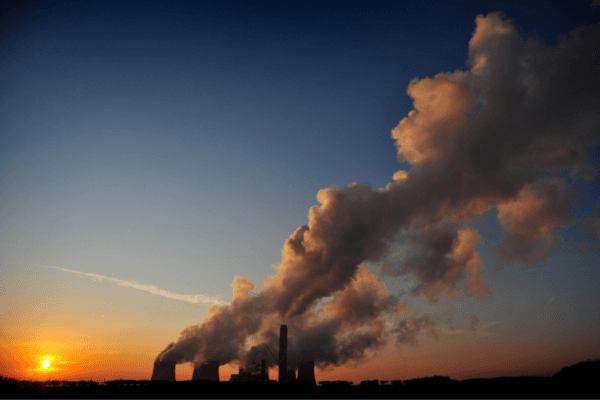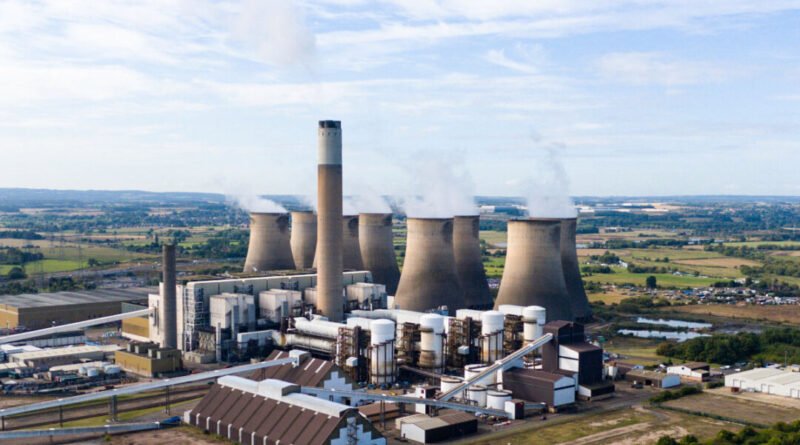The final coal-fired power station in the UK is set to shut down
This month also saw the announcement of the closure of Scotland’s only oil refinery and that 2,800 jobs will be lost at a steel mill in Wales.
The UK’s last coal-fired power station will close on September 30, ending the country’s 142-year history of using coal to make electricity.
Ratcliffe-on-Soar power station near Nottingham has been the last station of its kind in this country since September 2023, when Northern Ireland’s Kilroot power station was closed.
It is being shut down in line with government policy to end coal-fired power generation, as the country moves towards its goal of net zero emissions from electricity generation by 2030.
Its closure means that the UK will be the first country in the G7 to have phased out coal for electricity production entirely.
Other G7 members have given themselves a few years more to make the transition, including France (by 2027) and Canada (2030), and Germany will not stop using coal until 2038.
GB Energy
Coal had propped up the UK’s energy supply throughout the 20th century and accounted for around 80 percent of British power in 1990, with that number falling by more than half (39 percent) by 2012.
‘Industrial Vandalism’
The government said GB Energy will create jobs in Scotland. However, this month has brought mixed news for north of the border in terms of jobs, with the announcement that Scotland’s only oil refinery was set to close next year.
Around 400 jobs are expected to be lost, sparking criticism from one of the UK’s largest labour unions, Unite, which called the closure “an act of industrial vandalism.”

The sun setting over Ratcliffe-on-Soar Power Station near Nottingham, England, on Jan. 17, 2012. Matthew Vincent/PA Wire
Unite General Secretary Sharon Graham said Grangemouth’s workforce had been let down by Petroineos and the governments in Westminster and Holyrood, saying they had “failed to guarantee production until alternative jobs are in place.”
Net Zero ‘Costing Jobs’
That same week, the government announced it had struck a deal with Tata Steel to secure some jobs while the Port Talbot plant in Wales moves to a low-carbon system for producing steel.
The government and the steel giant had agreed to a combined £1.25 billion in support, including redundancy and training packages in exchange for, among other commitments, retaining 5,000 jobs across the UK.
However, 2,800 people will lose their jobs at the plant when the last blast furnace is closed, because the electric arc system set to replace it will take years to construct and when it is completed, will need fewer workers.
While this deal was agreed on by trade unions, not all leaders were happy with the drive to reduce carbon emissions coming at the price of British jobs.
Gary Smith, leader of the GMB union, said: “We really have to stop this decarbonisation through de-industrialisation. Serving up P45s to working-class people, hollowing out working-class communities, is not the way to decarbonise this country.”
He added: “There’s been a lot of talk about the transition to net zero, but the wind farms all around the coast are invariably built in China and Indonesia. Anywhere but the UK and they’re certainly not being built with UK components.”
Smith called for an “honest debate” on how environment policy is impacting jobs, “because it’s costing us jobs.”
PA Media contributed to this report.





